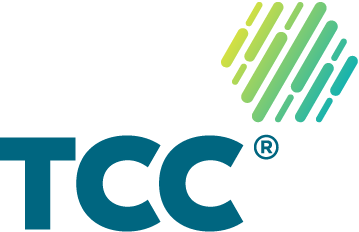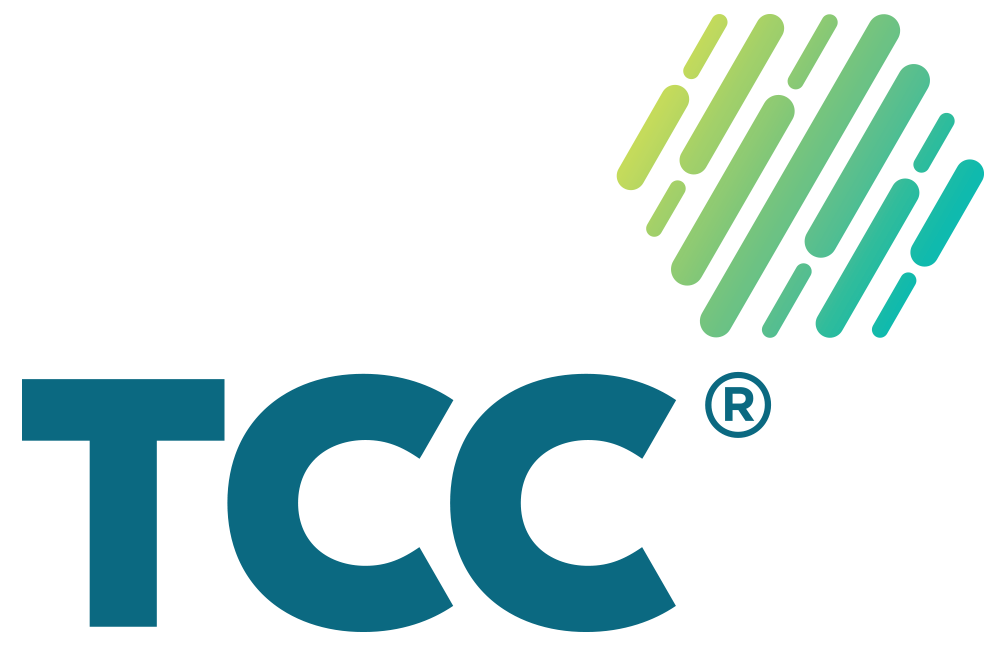Latest wealth industry research reveals shift in investors’ priorities post-COVID
A new global research project conducted by ThoughtLab in collaboration with TCC, Recordsure and other major professional services firms has shed new light on the dramatic effect the COVID-19 pandemic has had on investors’ priorities, expectations and behaviours.
Findings from the study, which comprised 2,325 investors and 500 businesses, suggest that wealth and asset management firms will need to adopt a more personalised approach in order to meet the demands of modern consumers.
The ambitious Wealth and Management 4.0 study was led by ThoughtLab in partnership with TCC, Recordsure, Deloitte, eToro, FIS, Salesforce, Appway, HCL, LexisNexis Risk Solutions, Refinitiv and Publicis Sapient.
The reality of the modern investment market
The study revealed that several long-held assumptions about investors’ attitudes no longer ring true:
- Myth 1: Digital is for young, mass market investors. The study shows little difference in digital tastes. The proportion of investors preferring to use a mobile app to engage with their wealth firms is identical for the ultra-rich, baby boomers, and millennials, at 89%.
- Myth 2: Millennials only want to do things digitally. Another myth. Millennials, like older generations, want personal contact when investing: 46% of millennials prefer face-to-face meetings and 40% prefer phone calls.
- Myth 3: Older and richer investors care less about ESG. Not so. Only 10% of millennials are planning to invest in green bonds over the next two years, versus 15% of boomers—and 50% of billionaires. Likewise, only 22% of millennials plan to invest in ESG funds, versus 32% of boomers, and 36% of billionaires.
- Myth 4: Women know less about investing and are more risk-averse than men. Our study shows that 24% of women have a high knowledge of wealth management vs. 16% of men and that percentages of both genders willing to make high-or very high-risk investments are largely the same.
TCC and Recordsure Group CEO Joe Norburn said: “Watching the well-established Wealth and Asset Management industry go through this digital revolution at a breathtaking speed is elevating.
“As a result, investors now have the advantage of a wide range of communications channels to engage with their advisors, simply using the methods they’re most at ease with.”
A watershed event for investors
The study revealed that the pandemic was a watershed event that reshaped investor views in many areas:
- Investments: The pandemic made risk mitigation a top goal for half of investors and prompted about four out of 10 investors to include family members in more wealth decisions and to turn their attention to active investing and holistic financial planning.
- Relationships: About a quarter of investors reported fractured relationships with their advisors due to inadequate personal service. To mitigate risks, 27% of investors distributed accounts to more firms; among billionaires, it was almost twice that number. The trend will continue, with four in 10 investors expecting to move money to another firm within the next two years.
- Digital interaction: The pandemic made digital access a higher priority for 40% of investors and put 30% more at ease working through video and digital tools. In the next two years, three-quarters of investor interactions with advisors will be through digital channels—although face-to-face meetings will also increase.
- Products and services: More than two-thirds plan to put money in alternative investments over the next two years, and many more will invest in other specialised products such as IPOs, tax-exempt instruments, and ESG funds. Many also plan to seek personalised planning and holistic advice and draw on non-investment services like insurance, tax advice, and loans.
- Fees: With more time to spend on investing during the pandemic, about a third of investors re-evaluated what they pay. Fewer than four out of 10 investors are happy with their wealth management firms’ fees and fee structures. Only about a third understand how their advisors are compensated.
TCC Head of Culture Olivia Fahy said: “Wealth and Asset Management firms now face pressure from investors across generations to provide a robust ESG offering.
“The desire to see progress on environmental, social and governance issues is not limited to a certain age or wealth of investor, and it’s not surprising that interest in ESG investing and ESG goals spans generations and demographics.”
The findings also have implications for how businesses within the industry approach their fact-finding during the advice process, emphasising the need to move from off-the-rack demographic models to a more bespoke view.
ThoughtLab CEO and programme director Lou Celi commented: “Our study shows that wealth management providers will need to replace their assumptions about age and wealth with a new client lens focusing on personal needs and life stages.
“The smartest firms will not just democratise their products and services, but also their views about investors.”
An eBook with the results from both surveys will be released in November. For further updates on the programme and to access the analysis, please visit Wealth and Asset Management 4.0.

